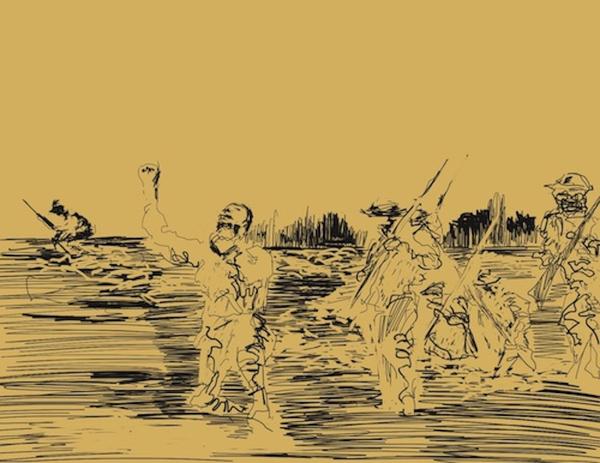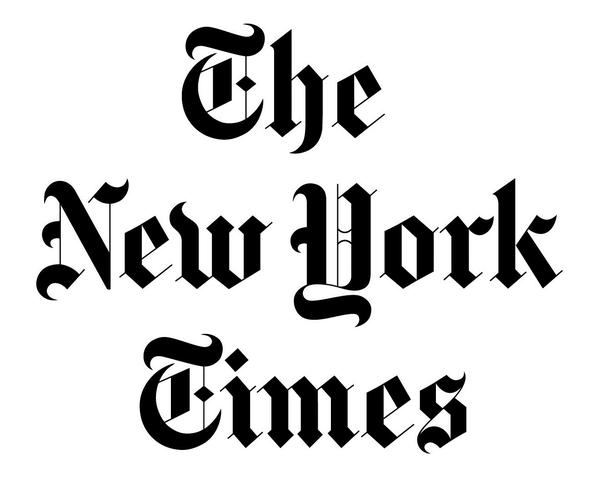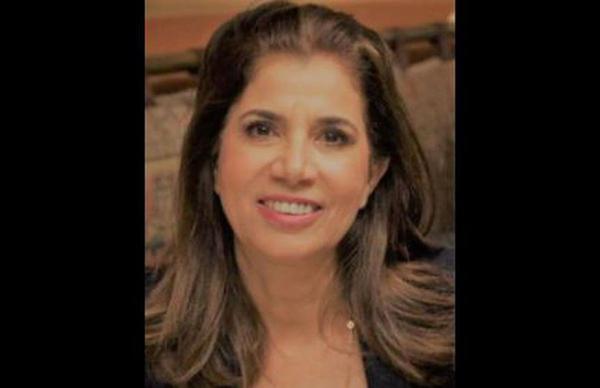20th March 2024
Thank you, Mr. Bush , December 2019
Thank you, Mr. Bush, for Invading our homeland,
Thank you, Mr. Bush, for Turning Iraq overnight into a battlefield with illusive borders
Thank you, Mr. Bush, for Disbanding the Iraqi Army, founded in 1924
Thank you, Mr. Bush, for Inciting a sectarian rift, leading to a civil war for years to come.
Thank you, Mr. Bush, for Sixteen long bloody years making Wadi al-Salam in Nejaf the biggest
cemetery in the world












